Our second alumni spotlight for February 2020 is Queentela Benjamin, a graduate of Campbell High School (Smyrna) (2013) and of Boston University (2017). She is one of the 2013 Gates Millennium Scholars- a scholarship that has funded both her undergraduate and postgraduate studies. Queentela is currently a dual degree candidate for Masters Degrees in Biomedical Science and in Public Health at Tufts University School of Medicine.
Paint a brief picture of what you are doing now.
I am a student at Tufts University School of Medicine where I am a dual degree candidate for masters degrees in Biomedical Science and Public Health (MBS/MPH). My area of concentration is Health Services Management and Policy. I chose this program because it allows me to fuse my intrigue of foundational biomedical concepts with my interest in broader aspects of public health. With this knowledge, I am able to understand overarching health issues and trends without losing sight of their scientific underpinnings. For example, understanding the trends in the prevalence of HIV in developing nations is one thing, however, also understanding exactly how antiretroviral therapies work to reduce the viral loads in our bodies adds another level of comprehension. My goal is to be able to find ways to merge both buckets of knowledge, preferably working to reduce preventable health disparities in Sub-Saharan Africa.
I am also rooted in this work domestically in my work at Health Leads, a healthcare organization that works to address social determinants of health by engaging with health systems and key decision makers in the U.S. In my specific role, I manage the database of national and community-based resources that our various hospital partners use to close the ‘need-gap’ that many patients face when seeking medical care. We ask questions such as, “what basic resources does this patient need in order to achieve healthier outcomes?”. This essential question stands at the epicenter of my daily work and really compels me to think of ways to contribute to the efforts to make our health system more equitable.
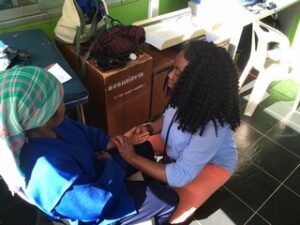 How did participating in 21CL transform you and lead you to where you are now?
How did participating in 21CL transform you and lead you to where you are now?
One of 21CL’s core principles is the teaching of being ‘service-oriented.’ Learning this earlier on as a high school student helped shape my approach to academic and professional development. I made it a priority to engage in community-based service opportunities when in college. Throughout the four years, I volunteered in the pediatrics department of Boston Medical Center, working to connect families to community resources to address their basic social and healthcare needs. I listened to their concerns, provided support, and allowed them to take the lead in directing the course of my assistance. Through weekly follow-ups with families and individuals, I was able to build relationships and help them access basic resources they needed to get healthier.
This community engagement opportunity equipped me with the skills, knowledge and experience to contribute to my current role. I use these earlier encounters to inform the work that I do and daily decisions that I make. Utilizing 21CL’s principle of being service-oriented, I have led my team on multiple projects, including an initiative to update our standards of work to be patient-centered, clear, and written with consideration of the most vulnerable populations in our communities. This experience has taught me that, when we are service-oriented, we can create systems that keep the most vulnerable people in mind and, in turn, open doors for greater equity in health care access and outcomes.
How did 21CL prepare you for your next steps? Going into college and taking on leadership roles, heading into a new era of professionalism, etc. What skills/tools/perspectives have helped you along the way?
21CL helped me orient my mind to confidently take full advantage of opportunities that I came across while in college. With this mindset, I ensured that I took on meaningful leadership roles that resonated with my core mission and values. For example, I co-lead my campus’ Gates Millennium Scholars organization, which gave me an opportunity to organize professional development workshops. I also took on a leadership role within my campus’ Minority Associate of Pre-health Students (MAPS). In my last year, I assumed the role of campus coordinator, recruiting and training more patient advocates to staff the pediatrics desk at Boston Medical Center. This gave me a stepping stool to my first full-time job opportunity post-college.
While juggling the various roles I have played, one thing that has constantly resonated with me is the concept of balance. When I commit to something, I like to give it my all. Therefore, it was important that I not only engage in these opportunities, but to ensure that each process was purposeful for me. I also realized that I couldn’t do it all and needed to have balance. Some days I forget this, thinking that I am superwoman. But taking a step back and always re-evaluating my ‘why’ has kept me grounded. I am thankful that this learning process started around 21CL.
Which programs did you participate in, and when? What skills did you gain or improve through those programs?
I was in the 2012 Cohort of the CNN Leadership Unplugged program, stationed at Georgia Institute of Technology (Georgia Tech). This was an invaluable experience for both personal and professional reasons. First of all, this program was offered at a significantly reduced cost compared to a lot of other summer programs. This made it affordable for me to be able to participate and build key skills that I would need in college and beyond. I engaged in workshops, sharpened my presentation skills, collaborated with team members and learned how to network. This exposure has made me more confident in my academic and professional work. Seeing the benefits, I encouraged my two younger siblings to also participate in this program. They did, and they loved it. I also later served on the Junior Advisory Board.
The impact of participating in this program has been lasting. I met one of my mentors, Dr. Dede Teteh, through 21CL. Through her guidance and support, I applied and was blessed to be chosen as one of the 2013 Gates Millennium Scholars—a scholarship that has funded me through my undergraduate and graduate studies. All in all, I am thankful for the lessons, skills and robust network that I was able to form through this program.
What was a memorable or ‘aha’ moment in 21CL? (Particular program, meeting a professional and diverse peers, speaking in public for the first time, etc.?
21CL was also one of my first opportunities to build on my speaking and facilitation skills. These skills have been essential for me– both academically and professionally. One of the first speeches I delivered was actually at the 21CL summer leadership institute closing ceremony, and that gave me the confidence to continue to study how to connect with different audiences over the years. Since then, I have given more speeches, sat on panels, facilitated discussions and presentations and generally built more confidence in this area. I am glad that I had the exposure to team building and facilitation earlier on because this provided a platform on which I have continued building upon.
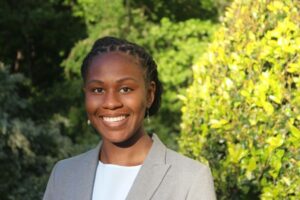 How did participating in 21CL transform you and lead you to where you are now?
How did participating in 21CL transform you and lead you to where you are now?
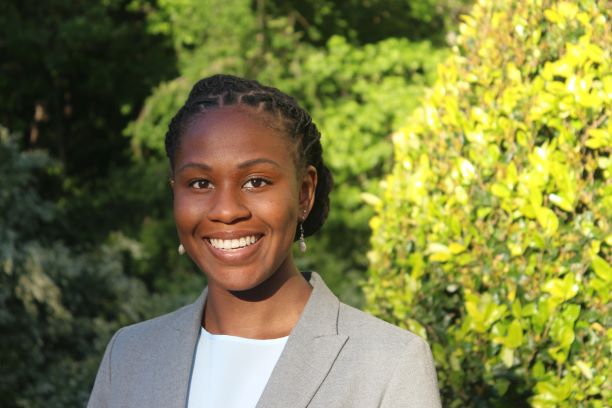
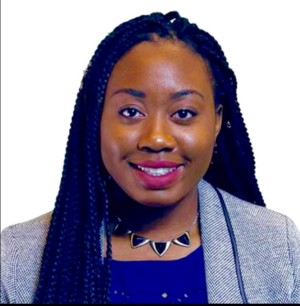
 How did participating in 21CL transform you and lead you to where you are now?
How did participating in 21CL transform you and lead you to where you are now?